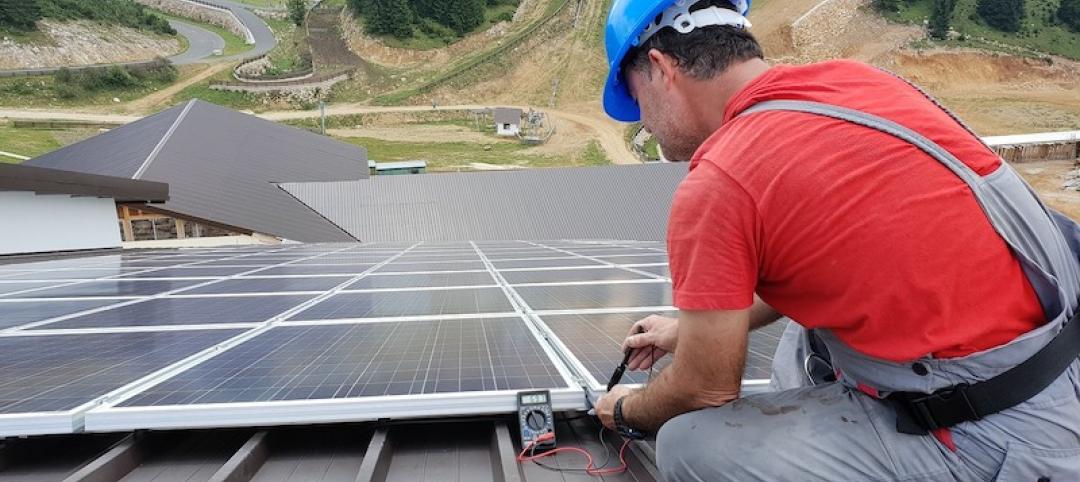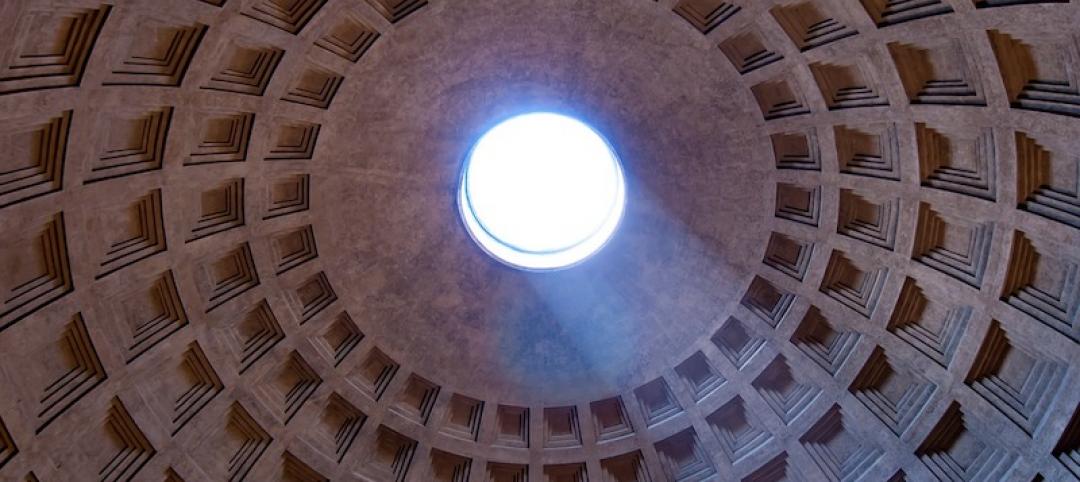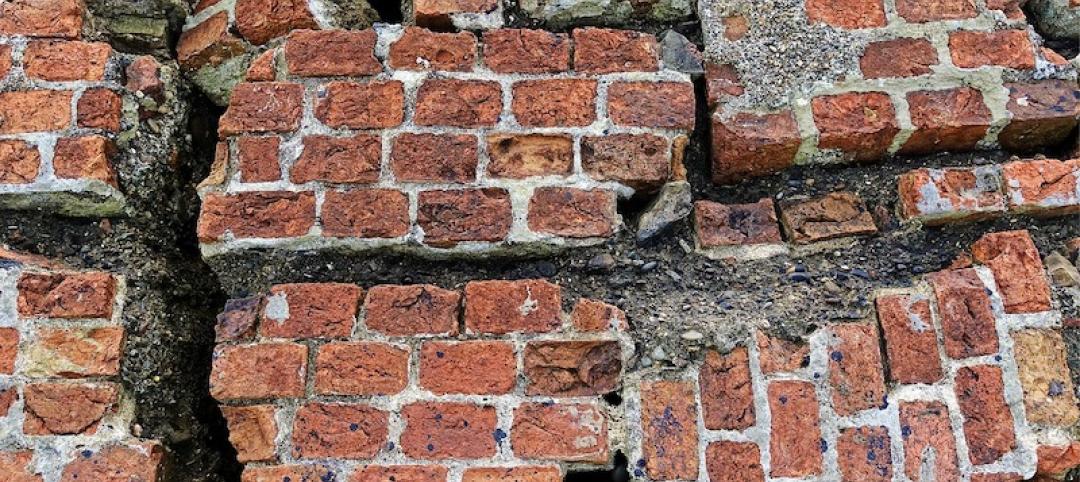The U.S. Dept. of Energy has awarded a total of $32 million for more than 30 next-generation building retrofit projects that will dramatically improve affordable housing technologies, according to a DOE news release.
Seven organizations will use the money to test renovation techniques that reduce disruption to tenants while upgrading the energy and environmental performance of buildings more quickly, affordably, and effectively, the release says. The techniques, such as prefabricating walls and drop-in replacements for heating, cooling, and hot water systems, can “revolutionize construction and renovation.”
They can also help decarbonize America’s 130 million buildings at the rate needed to address the climate crisis and meet President Biden’s goals of a net zero carbon economy by 2050, the release says. The projects are intended to drive the development of new technologies, practices, and approaches, and ensure these efficient and low-carbon innovations are widely deployed.
The awards will be used to implement numerous materials including prefabricated, super-insulated wall retrofit panel blocks, a wall system with vacuum insulated panels, a heat pump pod, a solar photovoltaic-integrated multi-functional heat pump system for space and water heating, and software tools to properly size and install retrofit packages. The selected organizations will also advance DOE’s Advanced Building Construction Collaborative, which connects companies working in prefabricated, modular, and other industrialized construction techniques with building owners, developers, financiers, utilities, and researchers to modernize the construction industry and buildings sector.
Related Stories
Codes and Standards | Mar 23, 2020
Florida legislature passes bill to reduce retainage on state and local projects
House and Senate vote is nearly unanimous; law would go into effect Oct. 1.
Codes and Standards | Mar 20, 2020
Feds prod use of eminent domain to force people out of flood-prone homes
Local officials that don’t comply could lose federal money to combat climate change.
Codes and Standards | Mar 19, 2020
ASHRAE provides COVID-19 resources for operating, maintaining HVAC systems
Includes recently approved position document on Airborne Infectious Diseases.
Codes and Standards | Mar 19, 2020
CaGBC launches new version of its Zero Carbon Building Standard
Version 2 draws on lessons from more than 20 zero carbon projects.
Codes and Standards | Mar 16, 2020
Concrete industry reduces carbon footprint by 13% over five years
Result mostly due to more efficient use of Portland cement.
Resiliency | Mar 13, 2020
Feds push use of eminent domain to force people out of flood-prone homes
Local officials that don’t comply could lose federal money to combat climate change.
Codes and Standards | Mar 12, 2020
Design guide for sloped glazing and skylights updated for first time in 30 years
Helps with choosing proper glass for non-residential applications.
Codes and Standards | Mar 11, 2020
Two tree species native to the Northeast found suitable for CLT
Eastern white pine and eastern hemlock pass strength testing.
Codes and Standards | Mar 10, 2020
Prescient receives ICC certification for seismic resilience system
Technology suitable for buildings up to 12 stories in earthquake-prone areas.
Codes and Standards | Mar 6, 2020
Design firms creating plans to re-imagine D.C.’s tidal basin
Area including National Mall is facing increased flood risk.

















